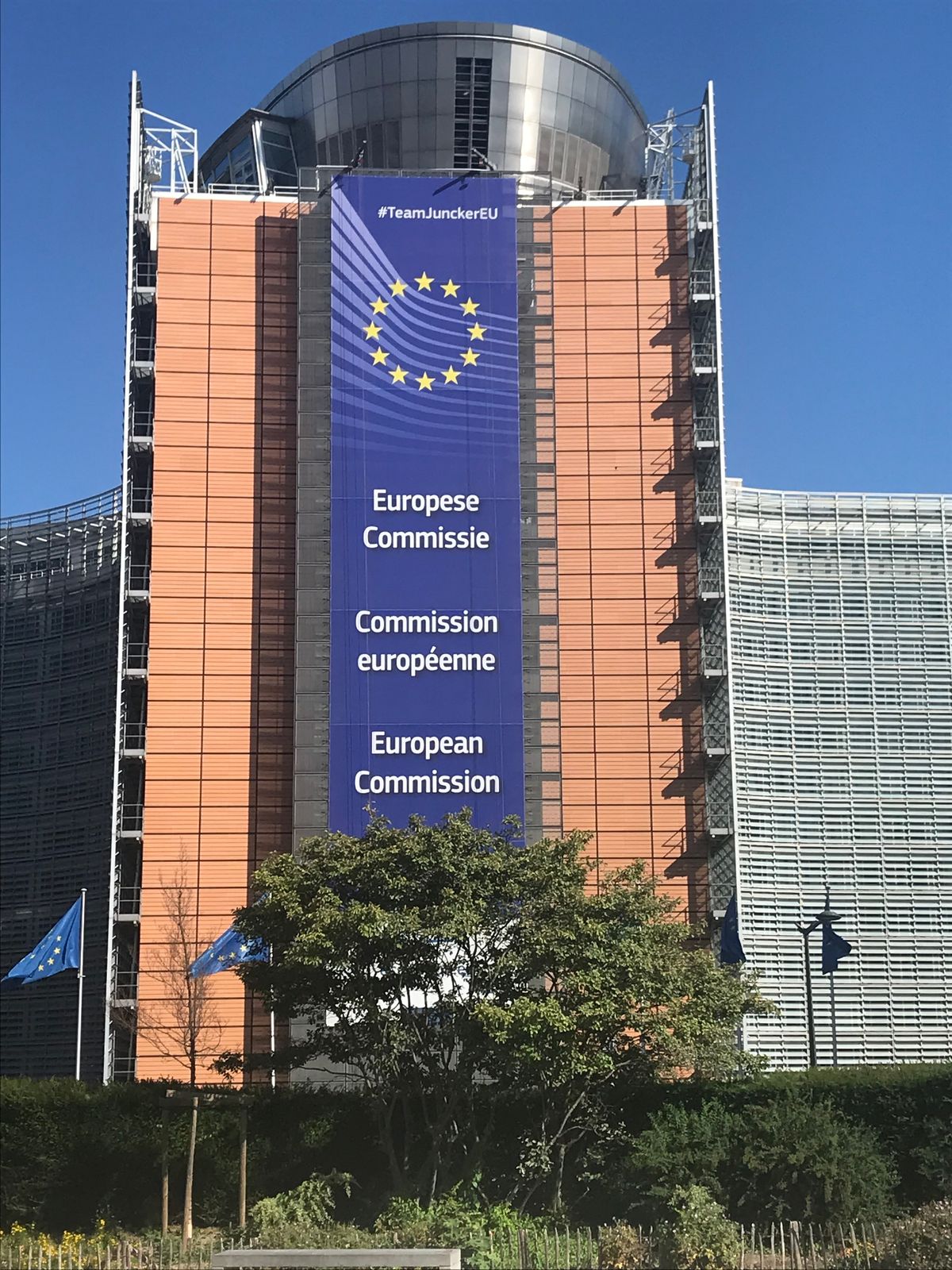Europeans I have talked with are quite appalled by the political influence that money can buy in the US. And they do not appear to be hypocritical in this regard. For example, EU politicians and political parties are severely restricted in accepting campaign donations in comparison to their American counterparts, and national laws in many European countries also are quite strict.
The EU is in the process of taking an additional leap forward in this endeavor, with the European Parliament and European Council reaching an inter-institutional agreement on a framework for legislation that will address transparency and targeting of political advertising.
If and when it passes, the new regulation will require disclosure of the source of political advertising, particularly online ads, by requiring that the source of the ads be labeled. It also will limit ads from third-country entities, and restrict targeted ads to persons who do not opt in to allowing their personal data to be used for such purposes.
According to the EU press releases, the new regulation will protect freedom of expression by exempting personal views, political opinions, and communications of a purely commercial nature. It will be interesting to see how the regulation is framed to draw a clear line between what is exempted and what is not exempted.
It appears that the new regulation will apply to both political advertising regarding both EU elections as well as national elections in member states. The European Parliament has expressed the need for the EU to acquire jurisdiction over this subject, stating:
"As political advertising has shifted largely online, existing national rules for regulating political advertising and preventing abuses have proven themselves to be no longer fit for purpose. Moreover, several member states have legislated or intend to legislate in this area, increasing the fragmentation of regimes across the EU, with detrimental effects for voters and advertisers."
Accordingly, the new legislation will result in a monumental shift in the structure for regulating elections in Europe, with the EU substantially usurping the authority of the member states in this area.
Those in the US who are concerned about the corrupting effect of money in politics will want to keep a close eye on what Europe is doing on this subject.
But the US Supreme Court’s decision in Citizens United v. FEC, which largely equates money spent on political advertising with free speech, has made any sort of campaign finance regulation very difficult to pass constitutional muster. This has, among other things, resulted in an increase in dark money spending (with no transparency), becoming more and more prevalent.
It appears that the US and Europe are moving in opposite directions when it comes to moderating the effect of money in politics. In the US, even if we could get beyond our polarized politics to pass meaningful reforms, it most likely will take either a constitutional amendment, or a change in the makeup of the Supreme Court, for any legislation to survive a constitutional challenge.

Member discussion: